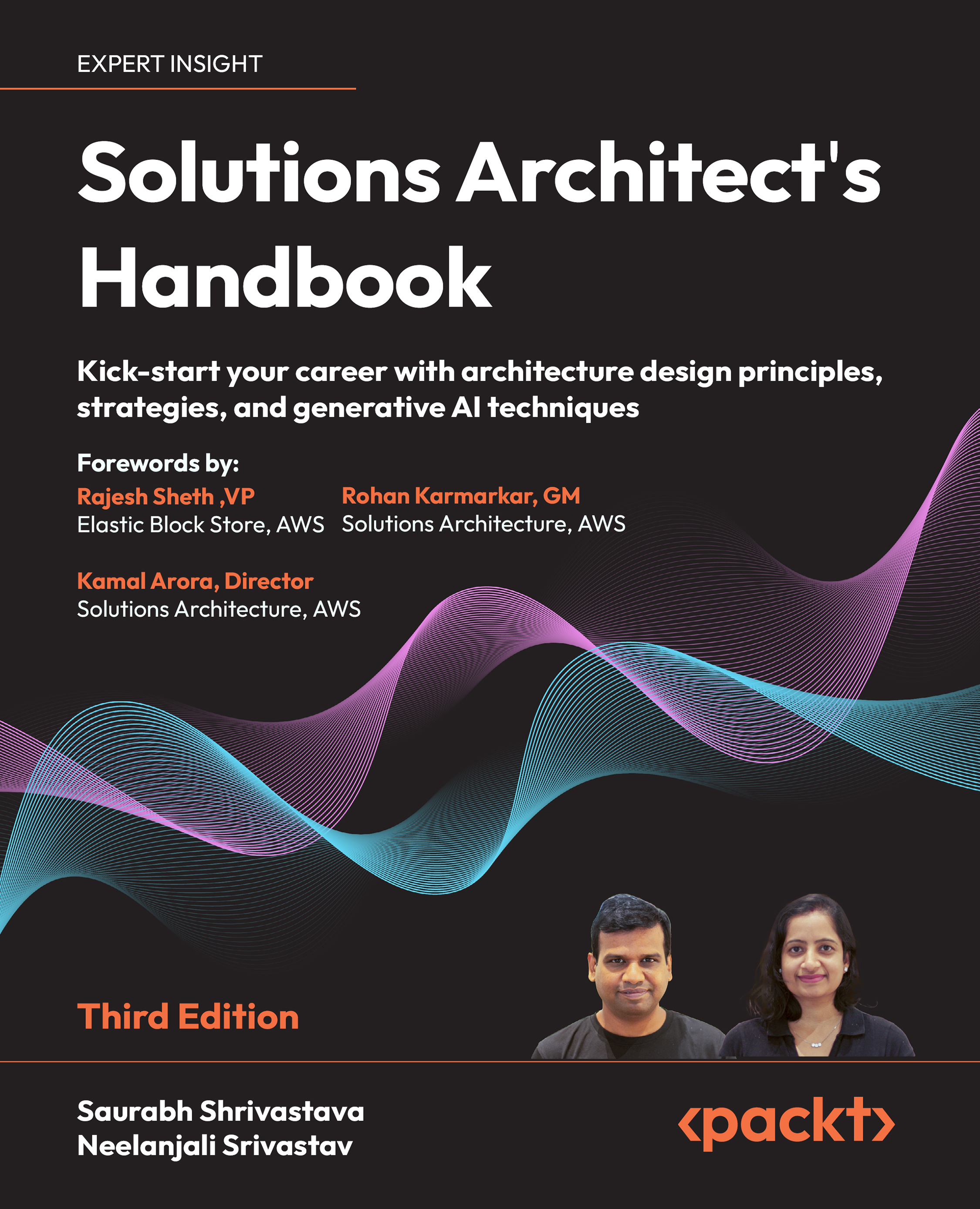Purpose of the SAD
Often, architecture documentation needs are not addressed, and teams start working on implementation without understanding the overall architecture. The SAD provides a broad view of the overall solution design to keep all stakeholders informed.
The SAD is vital for various stakeholders, including project managers, who rely on it to oversee project coordination and progress. Business analysts use it to align the project with business requirements. Technical teams, including developers and IT professionals, refer to it for implementing and maintaining the proposed solutions. Senior management utilizes the document to make informed strategic decisions. Finally, clients or end users, who are the ultimate beneficiaries, depend on this document to ensure the project outcome meets their needs and expectations.
The SAD helps to achieve the following goals:
- Communicate the end-to-end application solution to all stakeholders.
- Provide a high-level...































































